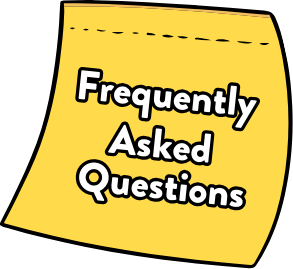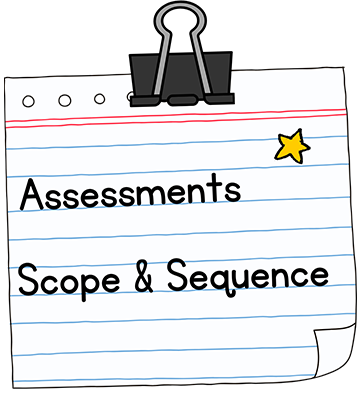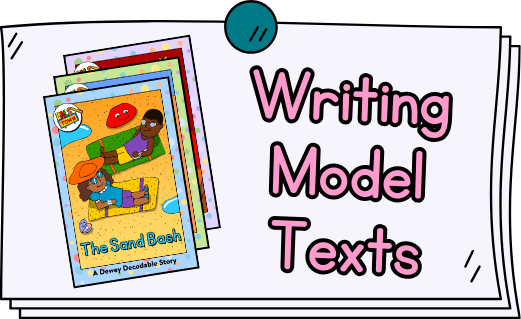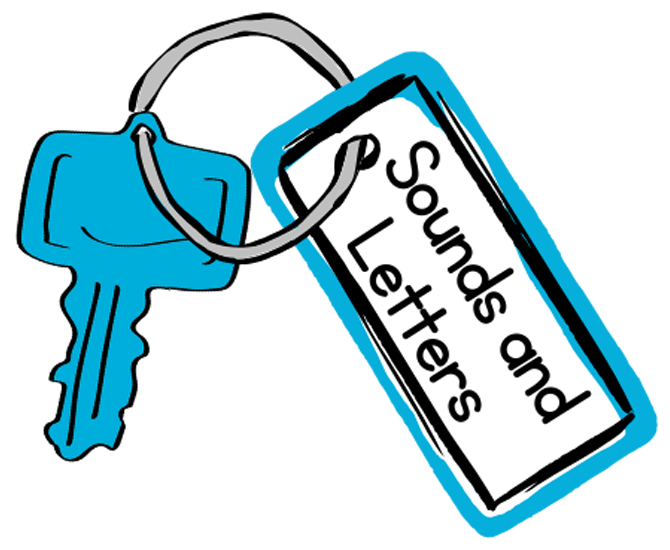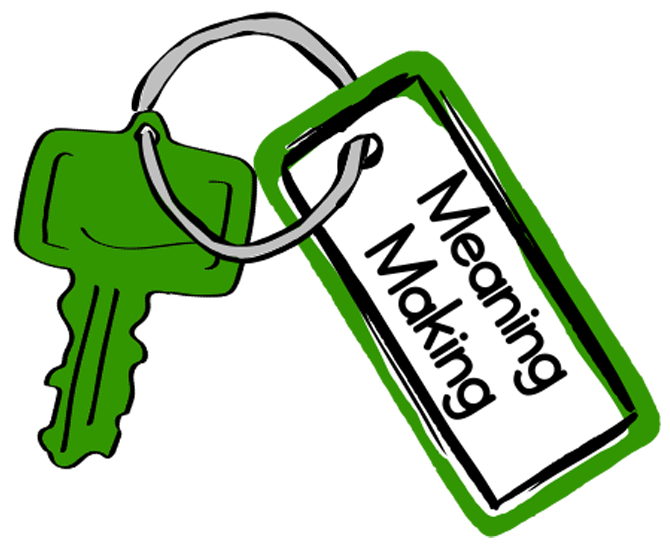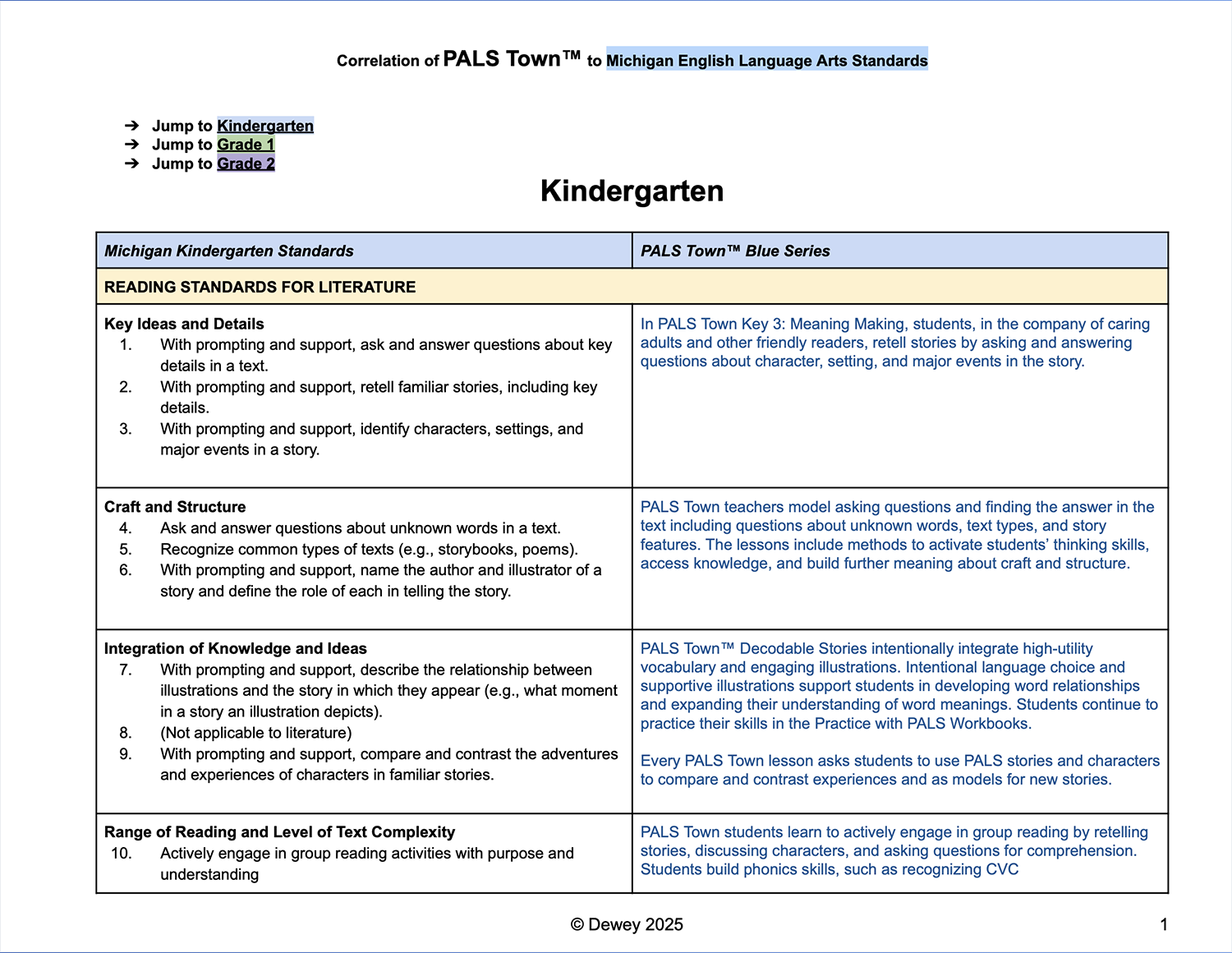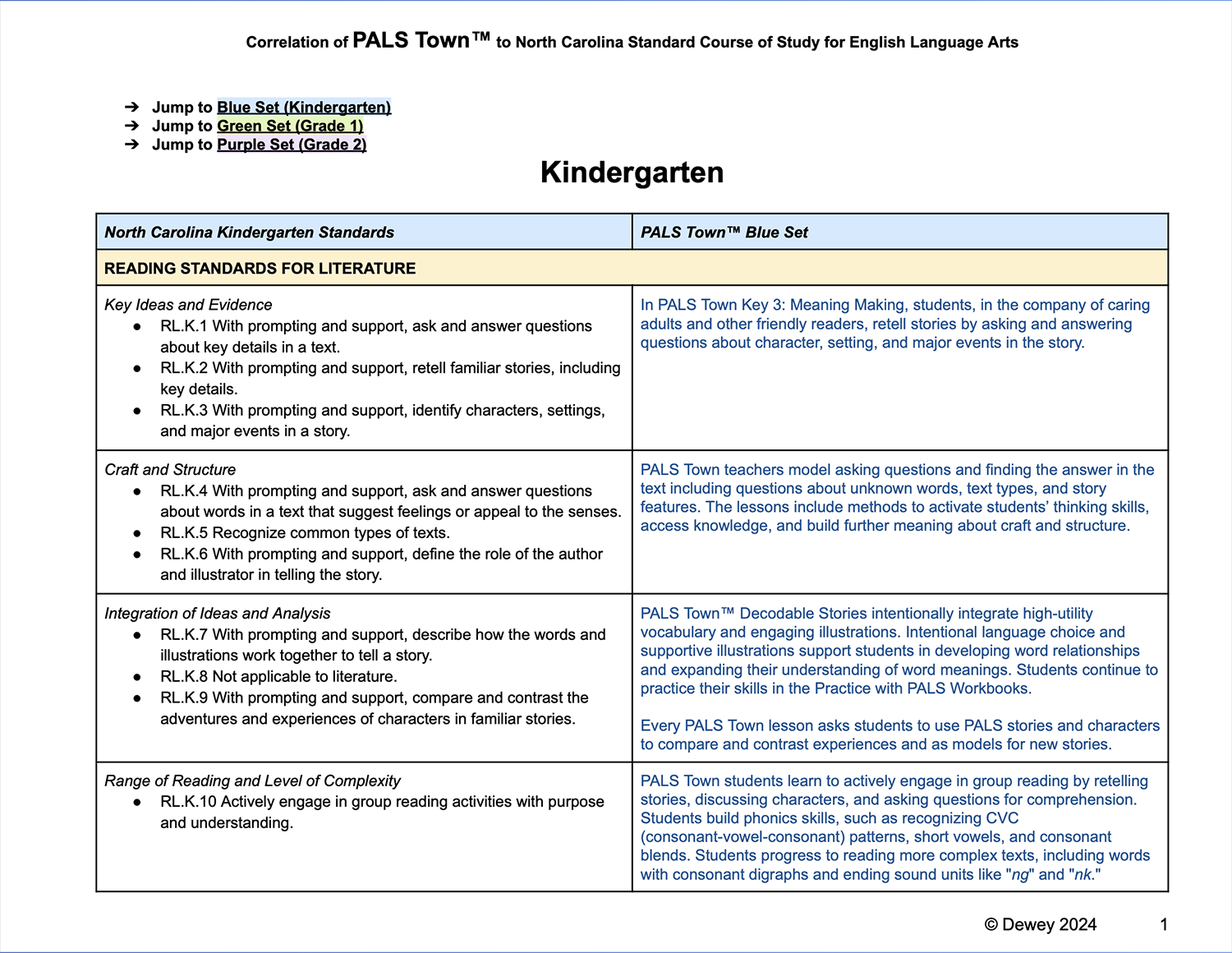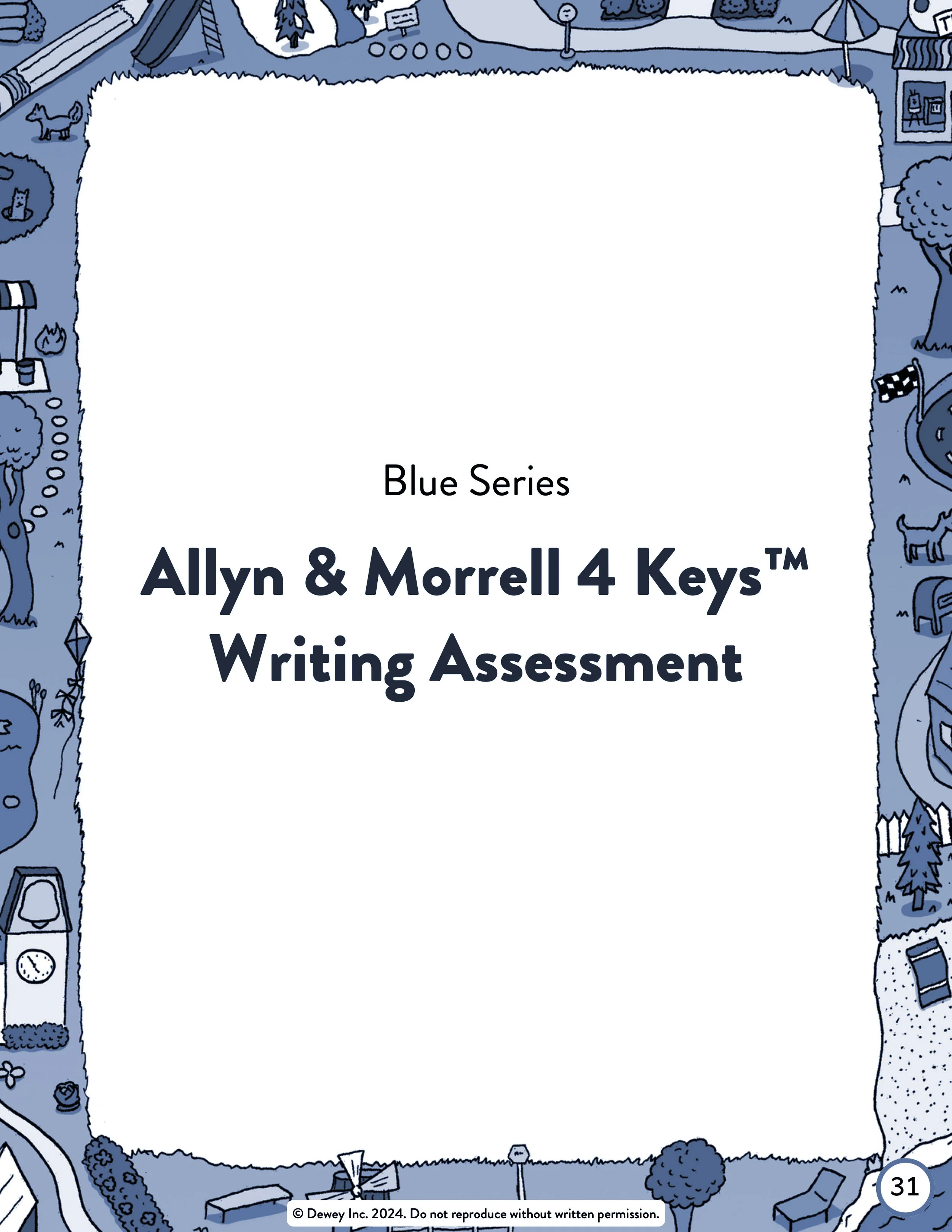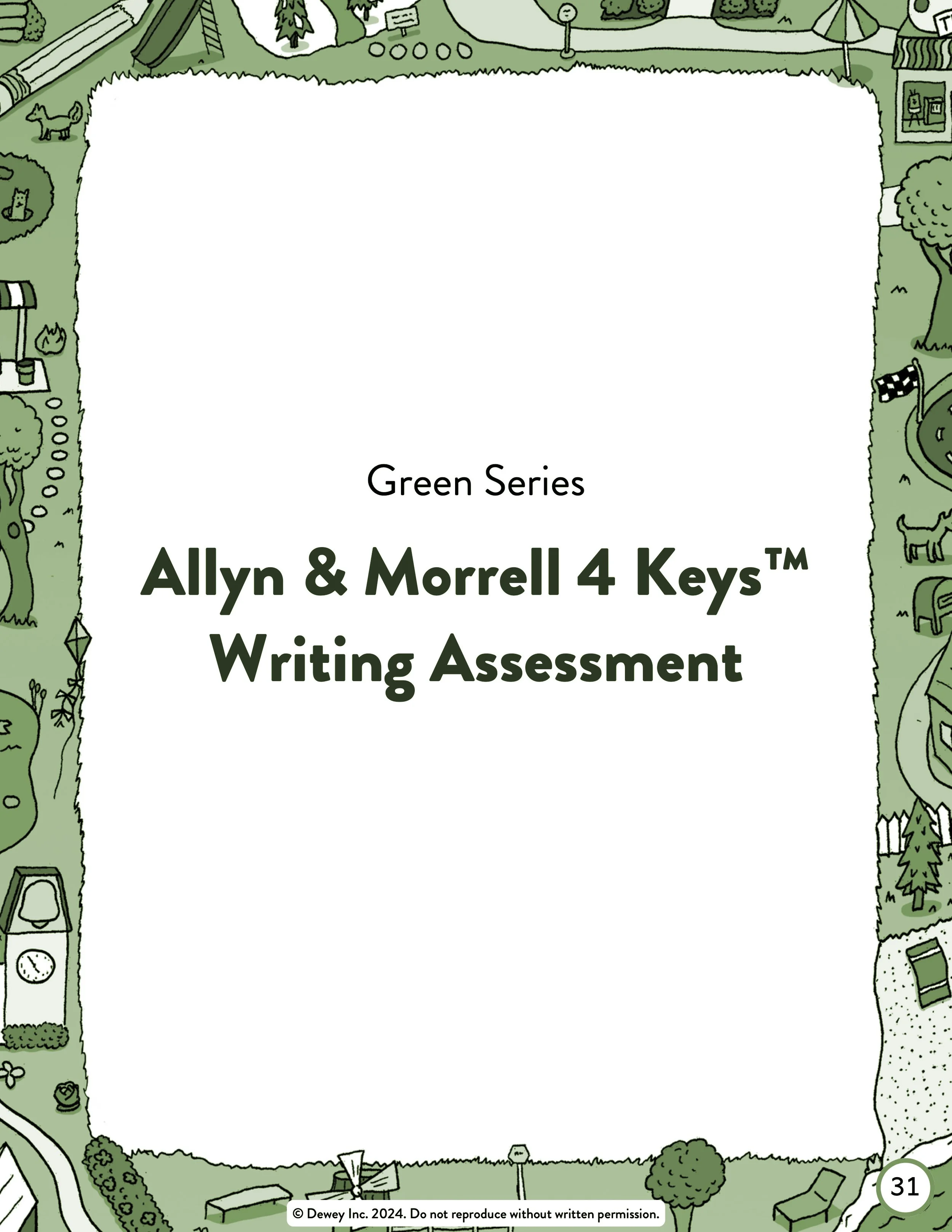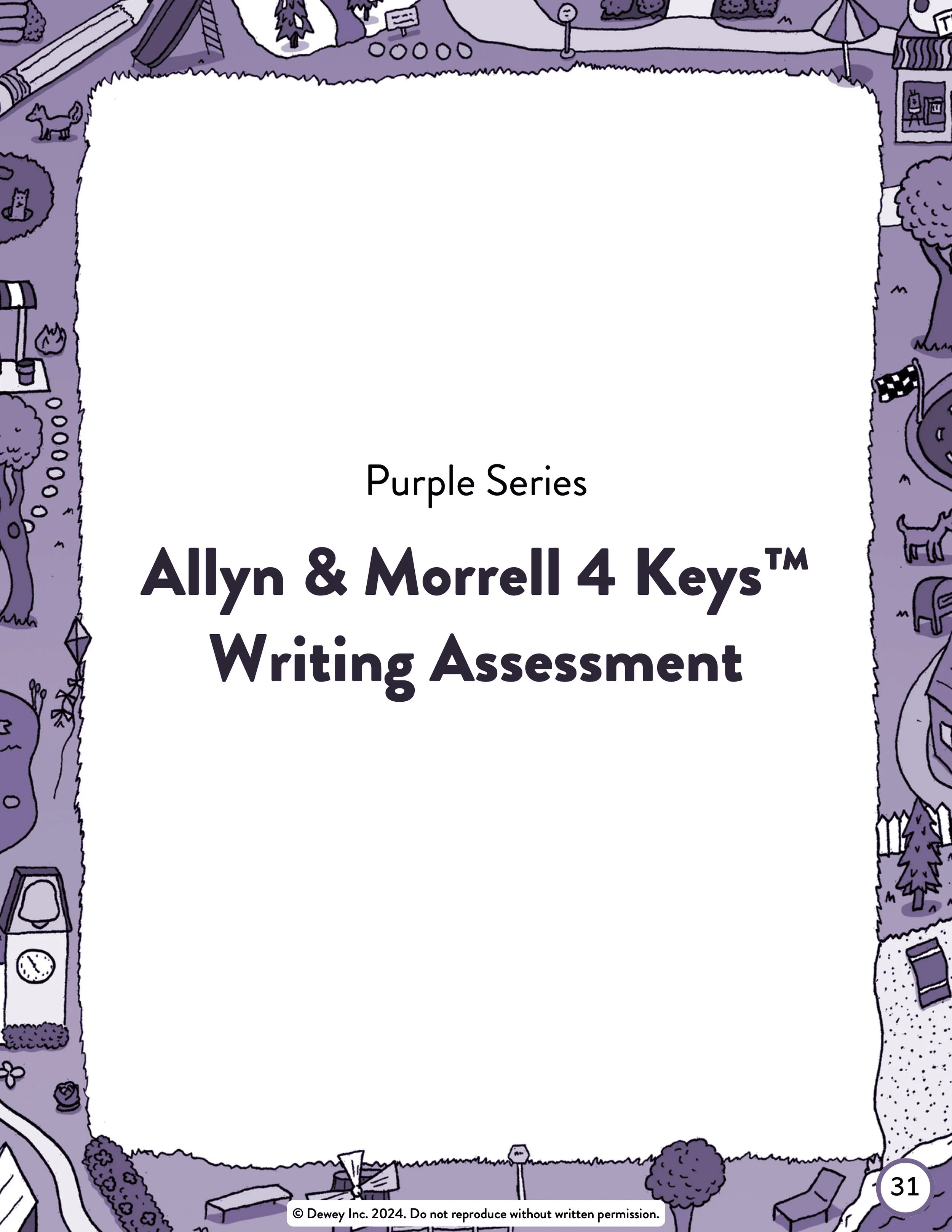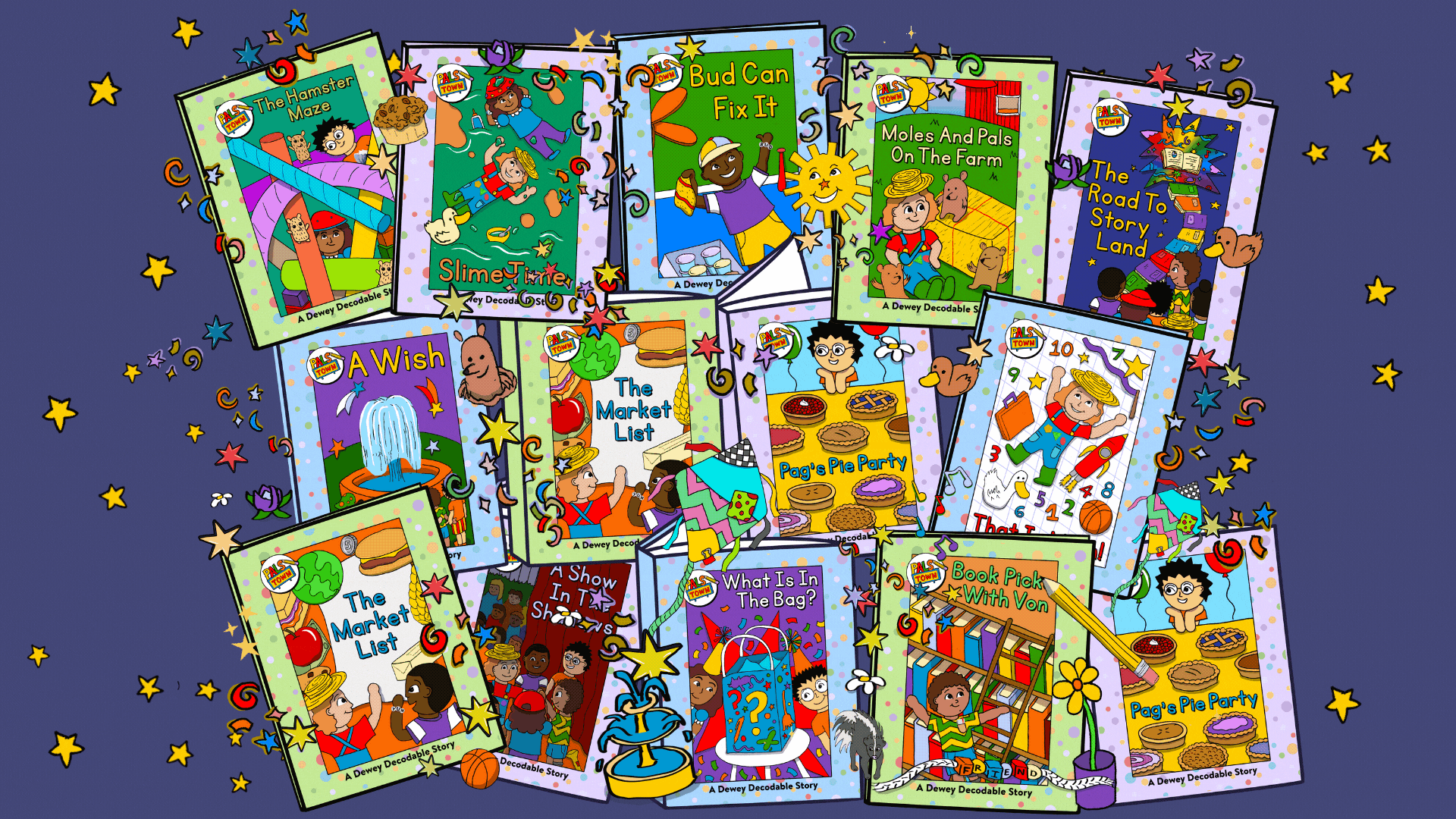

Getting Started
Your essential guide to navigating PALS Town.
Welcome to PALS Town
Unboxing your Materials
PALS Town Time
Onboarding
PALS Town
Lesson Walkthrough
Writing Song
Chant 1
Chant 2

PD Corner
All the information you need to teach PALS Town.
Phonics Skill 1: VC and CVC
Phonics Skill 2: Blends and Digraphs
Phonics Skill 3: Sound Units
Phonics Skill 4: R-controlled Vowels
Phonics Skill 5: Long Vowels with Silent -e (VC-e)
Phonics Skill 6: Long /a/ Vowel Teams
Phonics Skill 7: Long /e/ Vowel Teams
Phonics Skill 8: Long /i/ Vowel Teams
Phonics Skill 9: Long /o/ Vowel Teams
Phonics Skill 10: Long /u/ Vowel Teams
Phonics Skill 11: Diphthongs
Phonics Skill 12: Ending Patterns

The Allyn & Morrell 4 Keys ™
Unlock success with PALS Town’s research-base.
Central to the PALS Town design are the Allyn & Morrell 4 Keys. These keys are designed to break down scholarly terms and principles from literacy research into four accessible categories.
Sounds and Letters
Lessons and model texts integrate phonics and phonemic awareness through sounds, letters, and words. Students blend, segment, and manipulate sounds to reinforce sound-symbol knowledge to write words.
Print Fluency
Lessons and model texts focus on structure, conventions, craft, and fluency– writing smoothly, accurately, expressively, and quickly. Students learn uppercase and lowercase letters, punctuation, strategies to spell unknown words, and how to identify the choices authors make when writing.
Meaning Making
Lessons and model texts emphasize valuing ideas, generating purposeful wonderings, and developing understanding. Students accelerate vocabulary knowledge, develop their creativity, and engage in conversations to build inspiration towards their next writing piece.
Power of Story
Lessons and model texts use reading adventures to springboard into writing opportunities. Students learn to use the PALS Town characters and stories as guides for their writing. Students learn how genre impacts ideas, take risks as writers, and become confident in authoring stories.
Further information on the Allyn & Morrell 4 Keys can be found in the Scope and Sequence and the Research and Bibliography sections at the very end of the Teacher’s PAL Guidebook.

Multilingual Support
Being multilingual is a super power!
What is a Multilingual Learner?
What Multilinguals Need to Succeed in Literacy

Frequently Asked Questions
You asked, we answered. Here’s what educators need to know about PALS Town.
Who do I contact if I have questions about PALS Town?
Email us at palstown@deweycommunity.com for questions about the program, setting up professional development sessions, or to offer feedback!
Is there a role for parents and caregivers in this program?
Yes! We believe that the more students practice decoding, the better. Parents and caregivers can read the decodable texts with students at home. Stories can be found at palstownportal.com. In the classroom, parent volunteers or older students can help young students stretch sounds and practice reading and writing alongside them. For more information about home kits, contact us at palstown@deweycommunity.com.
What parts should I make sure I do every time I use this program?
Lessons are designed to be a cohesive whole and are best when completed in entirety. In the event of limited time, you can select certain lessons (such as Super Writers Learn Writing Rules) to complete. Lessons can be further broken into smaller chunks if needed. For example, you can complete Sounds and Letters and Print Fluency on one day, and finish Meaning Making and Power of Story on another day.
What parts of this program can students do at home?
If you have access to the Home Kit, you can assign stories to read and workbook pages to complete. If you don’t have access to the Home Kit, books can still be sent home (depending on the classroom’s library policy) or you can invite caretakers to access titles and exercises found on the online portal: palstownportal.com.
How does this program support multilingual learners?
PALS Town is designed with multilingual learners in mind, and every lesson includes a Multilingual Tip in the header: a lesson-specific consideration that might be helpful when presenting the lesson to a multilingual learner. PALS Town best practices also frequently include “Partner Pals” activities, in which students converse with a partner before committing their thoughts to writing. This step eases students’ fear of “being wrong.” If additional support is needed, you can advise students to “scribe” for each other. Once discussion is done, students can read to their partner the notes they’ve taken, further enhancing their pre-writing skills. For younger learners, we encourage you to introduce vocabulary and characters verbally before beginning to read the story aloud.
How does this program support students with specific learning disabilities?
PALS Town is designed to support a range of learners. Look for the “Increase Access” suggestions in the header of every lesson. These suggestions are helpful when presenting lessons to students with specific learning disabilities. PALS Town lessons are scripted to ensure that students see you model an activity before they attempt it on their own, and you can take this further by modeling writing activities for students who need extra support.
Does this program support students who are at different literacy levels?
Each series is designed to meet the specific literacy needs of students. Blue Series includes basic phonics. Green Series includes advancing phonics. Purple Series includes advanced phonics. Within each series, module, and lesson, you can find “Increase Access” as well as “Increase Challenge” suggestions in the header of every lesson. Additional support can come in the form of assigning Partner Pals (see Best Practices for further detail on Partner Pals). You can opt to pair students at similar levels of literacy ability together, as determined by the PALS Town Assessment and other data measures. We encourage you to use small group instruction. For example, a small group of students might use the books to practice fluent reading, while another group focuses on counting words and noticing the beginning sounds. Small groups can also be formed using different modules within a series, according to students’ writing and reading skills and confidence.
Can I use PALS Town with older students?
Younger and older learners alike love and benefit from PALS Town. Use assessment data to select specific lessons, or even specific parts of lessons to implement with older learners. Rely on the genre boost prompts and resources from the “Writer’s Corner” to create writing activities that specifically meet the needs of older learners. Some groups need less emphasis on letter formation, but might need more emphasis on decoding texts and encoding ideas. Additionally, you might modify the language in the scripting to make it more relatable to older learners (for example, omitting the phrase “super writers” in the lessons).
Which writing genres are included in PALS Town?
All PALS Town decodable model stories are works of narrative fiction. They serve as entry points to the PALS Town lessons that further explore the following genres:
Narrative Fiction: A sequence of connected events told step-by-step. These events may be fictional, imaginary, or speculative.
Narrative Nonfiction: A sequence of connected events told step-by-step. These events are nonfiction and may be a retelling of the model text.
Informational: Writing used to instruct or share additional information about a topic. This includes writing manuals or recipes.
Expository: Writing that describes, explains, or gives information. These include lists, letters, and invitations.
Poetry: Writing that expresses ideas or feelings with a distinct style, rhythm, or form.
Opinion: Writing in which students express their thoughts, viewpoints, or feelings. This may include persuasive writing, reviews, or reaction pieces.
Writing Model Texts
Find the decodable books you know and love here.
Each decodable model text is centered around key tenets of childhood: learning, discovery, friendship, play, creativity, and problem-solving. While exploring these concepts, each text is also controlled for decodability around advancing phonics knowledge. The back page of each text features prompts modeled from the Allyn & Morrell 4 Keys designed to stimulate application and skill practice as well as foster deep connections between adults and young readers.
“Reading is breathing in and writing is breathing out” - Pam Allyn & Ernest Morrell
Los amigos leen

Get in touch with us!




